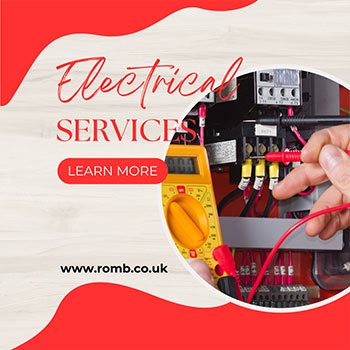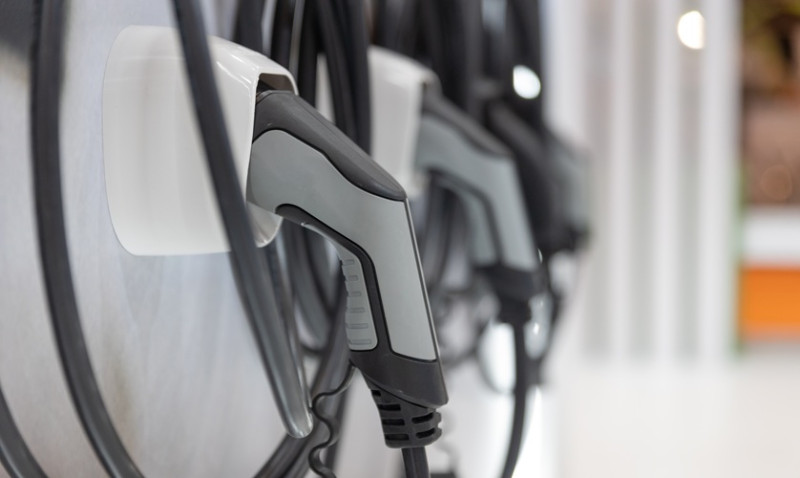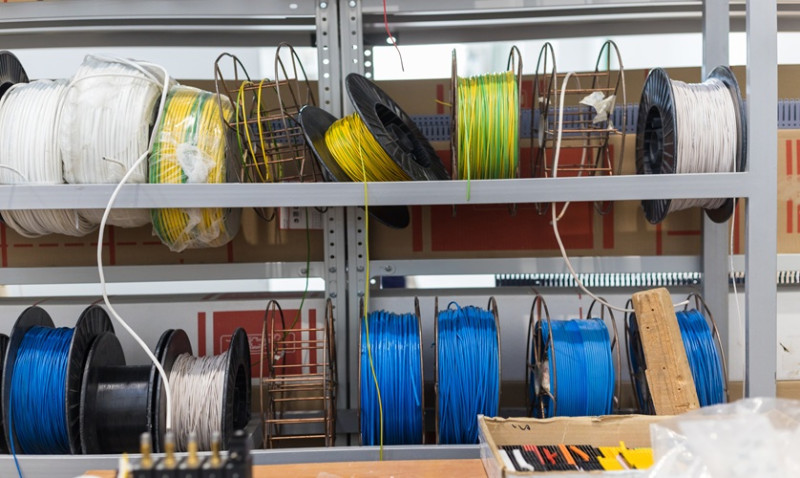
Embarking on a career as an apprentice electrician is exciting, challenging, and rewarding. Whether you're just starting your NVQ Level 3 course or getting hands-on experience on domestic or commercial sites across the UK, having the right tools is key to doing your job efficiently, safely, and professionally. But with so many tools on the market, how do you know what's essential, what’s optional, and what’s just nice to have?
This guide walks through all the core tools every apprentice electrician needs in their toolkit. From basic hand tools to speciality testers and PPE gear, we’ve covered it all—perfect for DIYers levelling up their skills, ambitious young tradespeople building their first kit, or even seasoned pros mentoring apprentices. Let’s get into it.
1. Basic Hand Tools Every Apprentice Needs
Before you step onto any site, there are several hand tools you’ll need on hand every single day. These are your bread and butter—tools you’ll use for everything from terminating cables to mounting accessories. Start with the essentials and gradually build your collection based on the demands of your job.
- Screwdrivers – A good quality set of insulated screwdrivers (VDE-rated) is a must. These protect you from electric shock up to 1,000V and can handle all the different fasteners you’ll encounter.
- Pliers – Side cutters, combination pliers, and long-nose pliers are especially useful. Make sure they’re insulated too!
- Wire Strippers – Invest in a reliable, adjustable pair. Prepping cable quickly and cleanly is vital.
- Tape Measure – Accurate measurements reduce mistakes when cutting cables or mounting electrical boxes.
- Utility Knife – A sharp blade simplifies cable stripping, conduit cutting, and opening packaging.
You may be tempted to save money by buying cheaper tools at the start. Resist that urge. Good-quality tools last longer, feel better in-hand, and are a lot safer – remember, your tools are a long-term investment in your trade.
2. Testing Equipment – Safety First!
When it comes to testing in electrics, safety always comes first. Even as an apprentice, you'll routinely be checking for live circuits, continuity, and polarity. The right testing tools not only keep you safe, they elevate your professionalism and build trust among supervisors and clients.
Here are the most essential electrical testing tools to include from day one:
- Voltage Tester – A non-contact voltage tester (NCVT) helps quickly detect live circuits without touching exposed wires. They're small and pocket-friendly.
- Multimeter – A digital multimeter is crucial for measuring voltage, resistance, and current. Look for one that is CAT III or CAT IV rated for general electrical work.
- Proving Unit – An often-overlooked tool, proving units help you verify that your voltage tester is working before and after checking for live wires – an essential safety step under UK regulations.
- Continuity Tester – This is helpful when checking if a circuit is complete. Handy for quick checks on lighting or ring circuits.
As you progress, you might also need more advanced testing tools like insulation resistance testers or loop testers, but starting with this core testing kit is mandatory for apprentices working in supervised environments.
3. Power Tools to Make Work Faster and Neater
While most of your early work will be done using hand tools, having access to a few efficient power tools can save significant time—especially when chasing walls, drilling into diverse surfaces, or assembling consumer units.
- Drill/Driver – A quality cordless drill is a must. Make sure yours has hammer function for masonry and variable speeds. 18V with lithium-ion batteries is ideal for balance and power.
- SDS Hammer Drill – For drilling into brick, concrete or block surfaces – common tasks in UK homes during rewires or consumer unit installs.
- Oscillating Multi-tool – Ideal for cutting into plasterboard or timber for backboxes. Offers high precision in tight spaces.
- Angle Grinder – While not used daily, this is useful when cutting metal trunking, conduit, or cable tray.
Don’t forget: power tools are best used under supervision while you’re learning. Always wear appropriate PPE and make sure your tools are fully charged and stored safely after every shift.
4. Tool Storage – Stay Organised on Site
Organisation is half the battle on site. Time wasted rummaging through your bag is time lost and a frustration for your team. That’s why having decent tool storage options is crucial early in your electrical career.
- Tool Bag or Tote – Start with a sturdy open-top tool tote or backpack. Make sure it offers separate compartments for screwdrivers, pliers, testers, and small parts.
- Tool Belt or Pouch – Some electricians prefer wearing a pouch or belt especially on large domestic installs or new builds where you move from room to room constantly.
- Parts Organiser – Use a small organiser box for your terminals, cable clips, grommets, and fuses. Being tidy makes your work more professional.
Branded tool storage like Stanley, Milwaukee, and Makita is common across UK sites, but apprentices can easily find affordable options from Screwfix or Toolstation without sacrificing quality.
5. Safety Gear – Protect Yourself Always
Electrical work brings risk. From live circuits to fibreglass lofts and sharp metal trunking, PPE is not optional—it’s life-saving. Start using the right equipment from day one and make safety a habit.
| PPE Item | Why It’s Important |
|---|---|
| Insulated Gloves | Protect hands from electric shock and mechanical injuries. |
| Safety Glasses | Essential when drilling or cutting to prevent debris injuries. |
| Dust Mask | Protect lungs when working in lofts or cutting into walls. |
| Steel Toe Boots | Slip-resistant and protect from dropped tools or materials. |
| Hard Hat | Mandatory on large commercial sites or new build sites. |
Always follow your site’s risk assessment guidance and wear required PPE without fail. And remember, safety gear should fit well and be replaced as soon as it shows signs of wear.
6. Bonus Tools That Make Life Easier
Once you’ve got your essentials sorted, there are a few “nice to have” tools that save serious time and effort day-to-day. Some may be provided by your employer or site manager, but accumulating your own over time is a great move.
- Laser Level – Perfect for mounting sockets or light fittings in straight, clean lines.
- Fish Tape / Cable Rods – Makes routing cable through tight spots behind walls or ceilings a breeze.
- Label Maker – Keep DBs and cable ends labelled clearly – professionals and inspectors appreciate it!
- Head Torch – When crawling through lofts or working under sinks, both hands are free to work.
By slowly upgrading your kit with these extras, you’ll be able to work faster, deliver cleaner installations, and impress both clients and more experienced sparkies.
Build Your Toolkit with Confidence
Becoming a skilled electrician isn't just about passing exams – it's about being reliable, safe, and meticulous on the job. The tools you carry tell others how seriously you take your work. By investing in high-quality versions of each essential and using them with care, you’ll earn respect on every site you step onto.
From DIYers trying to understand the trade, to apprentice electricians starting their NVQ, or even interior designers collaborating with trades during a renovation—knowing the right tools is crucial. We hope this guide gives you the confidence to build a professional-grade toolkit from day one. And remember: Buy once, buy right!







